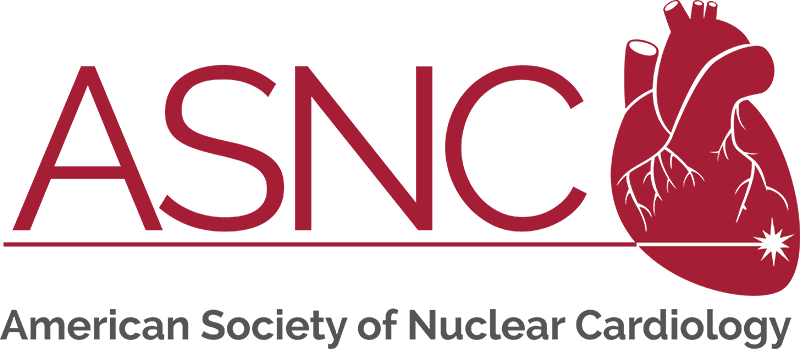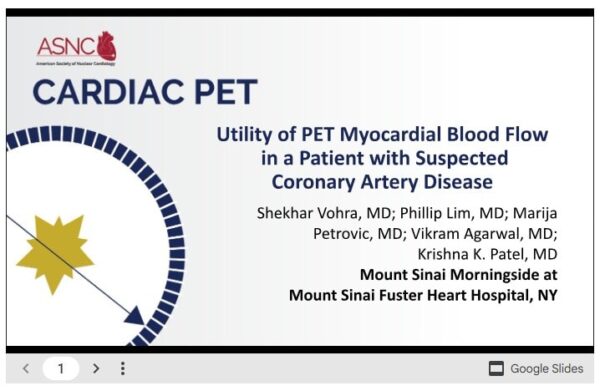Even as nuclear cardiology is advancing at breakneck speed with new technology, breakthrough tracers, and more data than ever before, the field is falling behind the times in a crucial area, suggest Krishna K. Patel, MD, MSc, FASNC, and John A. Spertus, MD, MPH.
The problem, they say, lies in jargon-packed study reports, which patients and referring clinicians often find overwhelming and confusing.
As guests on Episode 10 of the JNC CardioConnect podcast, Drs. Patel and Spertus urge nuclear cardiology to embrace patient-centered reporting, where complex imaging data is translated into “clear, actionable information” that will help both patients and referrers. A test can provide “amazing, valuable information,” Dr. Spertus says, “… but if it’s not acted on, then the test is no longer a high-value test. It’s not helping us manage patients according to their needs, risks, and preferences.” Eventually, gaps between imaging and treatment can result.
Opportunity to Lead: ‘Let’s Make It Really Easy’
This podcast was prompted by a Journal of Nuclear Cardiology Perspective article where Drs. Patel and Spertus analyzed the benefits of patient-centered reporting and challenged the field’s professionals to embrace it. On the podcast, they expand on solutions, brainstorm how artificial intelligence could help, and share a vision for a “very simple tool” that would make it really easy for patient-centered reporting to become routine in nuclear cardiology labs.
Article Type
JNC News, News & Announcements
Category
Education, Guidelines & Quality, Journal of Nuclear Cardiology (JNC)
Related Posts
Immediate Impact! ASNC Statement Driving Cardiac PET Adoption Across the United States
“ASNC’s Clinical Indications for PET statement got the attention of our hospital…
ASNC, EANM Announce Competitors for ICNC2026 Young Investigator Awards
At ICNC2026, the International Conference on Nuclear Cardiology, the following early-career investigators…
Does This Chest Pain Patient Have Multivessel CAD?
The majority of participants in the February 2026 cardiac PET case poll…




